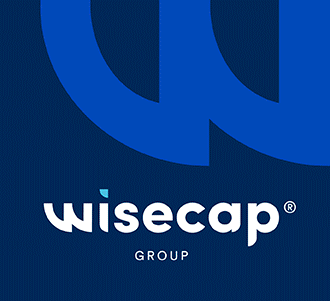An example of this is the deposited PET bottle of the still mineral water of the own brand "Saskia" in the green 1.5-liter bottle: The recycling bottle consists exclusively of recycled PET, new plastic is not needed for the production. The information "Bottle made of 100% recycled plastic" will be transparent on the label of the bottle for customers from the middle of May.
The remaining bottles of the own drinks brands "Saskia" and "Freeway" consist on average of at least 50 percent recycled material. In addition to using recycled PET, Lidl also saves on new plastic by adapting the bottle shape. Due to the lower bottle weight and the use of recycled PET, Lidl Deutschland has been able to save around 260,000 tonnes of new PET on "Saskia" and "Freeway" bottles in recent years. This corresponds to the payload of about 10,400 trucks (40-tonner).
"We want to further increase the recyclability and the use of recycled materials and, overall, gradually reduce the use of new plastic. To this end, we are jointly promoting processes in the circular economy within the Schwarz Group and throughout Germany. The leased green 1.5-liter recylate bottle of still water from our own brand 'Saskia' shows how efficient our recycling cycle has become over the years. We are also constantly working to increase the use of recycled materials for the other PET bottles in our product range, "explains Wolf Tiedemann, Senior Vice President Central Services at Lidl Germany.
Disposable with pledge - a circulatory system
With a recyclable material cycle, new plastic can be dispensed with increasingly in the production of PET bottles: the bottles returned to one of the more than 6,100 Lidl deposit machines are sorted by color and compressed to the nearest Lidl logistics center, where a press compacts them into bales. The bales are then delivered to a recycling plant of Mitteldeutsche Erfrischungsgetränke GmbH & Co. KG (a company of Schwarz Produktion). There, they are ground, washed, dried, cleaned and melted until a regranulate is formed, which - if necessary mixed with new granules - is formed into bottle blanks.
At the filling station, the blanks are inflated, filled with new contents and delivered to the Lidl logistics centers, which supply the Lidl branches with new beverages. In close cooperation with suppliers, Lidl has been intensively analyzing for years where plastic is dispensed with entirely or the quantity is significantly reduced and where alternative or recycled packaging options can be used. The aim is to increase overall recyclability and the use of recycled materials.
REset Plastic: recyclable material cycle as part of the plastic strategy of the Schwarz Gruppe
The recycling cycle is part of the plastic strategy REset Plastic initiated by the Schwarz Group. The Schwarz Group, which is one of the largest trading companies in the world with its Lidl and Kaufland divisions, is aware of and takes its responsibility for the environment. With REset Plastic, she has developed a holistic, international strategy that is divided into five fields of action: prevention, design, recycling, elimination, and innovation and education. Thus, the vision "less plastic - closed circuits" becomes reality.







